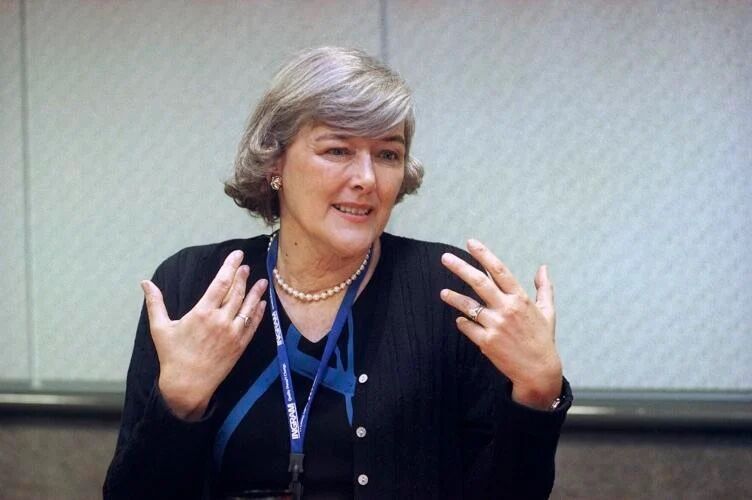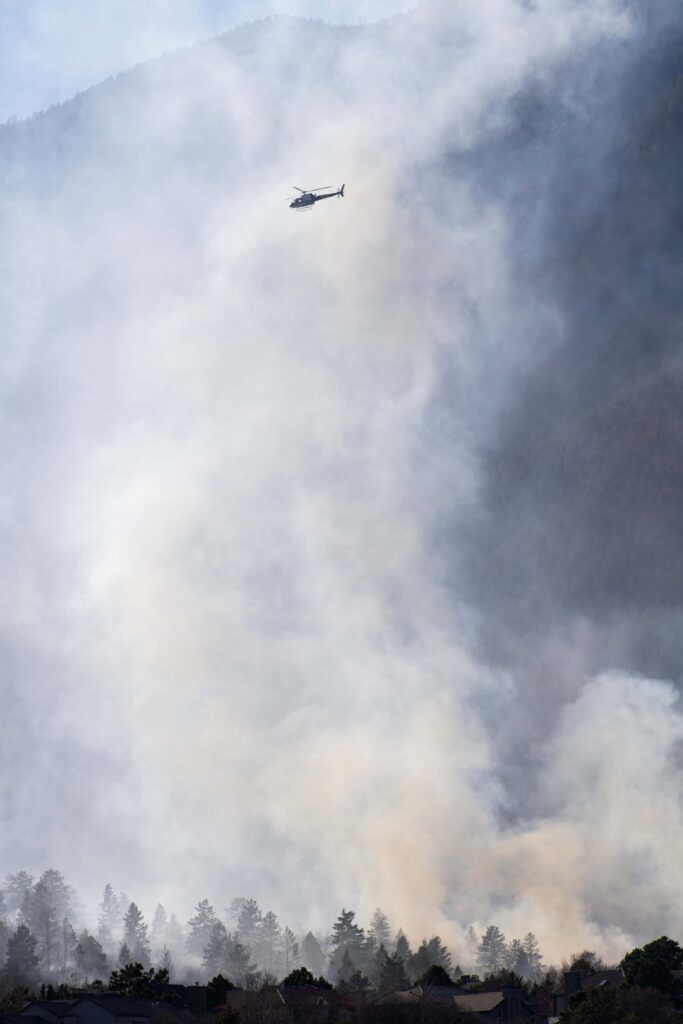Colorado lawmakers accuse CDPHE of ‘dismissive tone’ in oil and gas report
A group of 17 lawmakers have sent a letter to state health officials taking issue with a report that found the risk of harmful health effects is low for Coloradans living near oil and gas operations.
The letter – spearheaded by Sen. Matt Jones, D-Louisville – references a February Colorado Department of Public Health and Environment report that assessed substances emitted from oil and gas operations.
Concentrations of substances in the air surrounding oil and gas operations are lower than standard health limits set for short- and long-term exposure, according to the report.
The letter from state lawmakers – all Democrats – demands that CDPHE conduct a “peer-reviewed, transparent health study of people living and working near oil and gas operations.” It also requests the use of all available data in the assessment and that the report be prepared with state and university public health researchers.
“Since CDPHE is charged with protecting the health of the people of Colorado, this study should use the precautionary principle that an action should not be taken if the consequences are uncertain and potentially dangerous,” the letter states.
Seven senators signed the letter along with 10 representatives.
It highlighted the air quality mission statement of CDPHE, which is to “foster the health, welfare, convenience, and comfort” of the people of Colorado. The state is required to seek the “maximum practical degree of air purity” across Colorado.
“The February assessment is dismissive of public health risks to Coloradans,” the letter continues. “It was done in-house, with no significant outreach that we are aware of to external experts.”
In the report, CDPHE officials acknowledge and even call for more study. But officials said additional research should be conducted before taking immediate public health action.
“Going forward, we will continue to evaluate health risks using more comprehensive, relevant data currently being collected,” said Dr. Larry Wolk, executive director of CDPHE.
The CDPHE report considered other studies that looked at possible health effects. It took into account more than 10,000 air quality samples and examined 62 substances.
The CDPHE evaluation found that cancer risks for all substances are within the “acceptable risk” range established by the U.S. Environmental Protection Agency. The risk of harmful health effects is low for residents living at distances 500 feet or more from oil and gas operations, according to the assessment.
State health officials recommended higher quality studies to evaluate health effects, including skin symptoms, asthma, birth outcomes and migraines, to name a few.
CDPHE currently is conducting a health-risk assessment specific to oil and gas emissions, using newly released data from Colorado State University. That study will be completed in 2018.
Jones and fellow lawmakers who signed the letter say CDPHE acted prematurely in releasing the initial findings.
“Drilling and wells threaten our communities with cancer causing toxic chemicals, greenhouse gas emissions, and possible explosion,” the letter states. “We find it greatly concerning that the current study has a dismissive tone mirroring that used by oil and gas corporations to justify their operations.”













